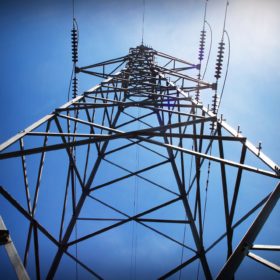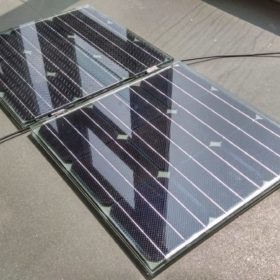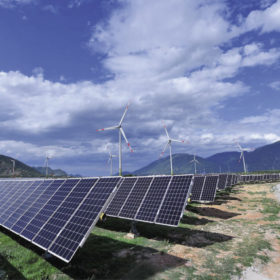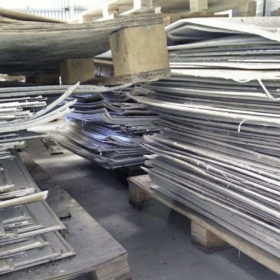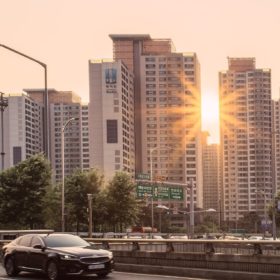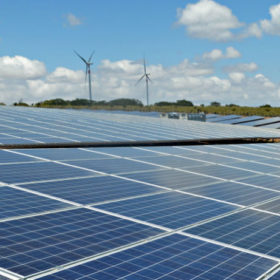Hydrogen production as an antidote to grid constraints in northern Netherlands
Dutch transmission system operator Enexis, gas provider Gasunie and oil company NAM are considering diverting excess solar capacity in Drenthe province into hydrogen production. The companies are assessing which wind and solar projects may have been excluded from the grid.
Walking on sunshine
Chinese scientists have developed a PV floor tile they say is suitable for pavements and cycling tracks. The devices were tested on a ‘green deck’ in Hong Kong. The developers say the tiles have demonstrated satisfactory solar energy conversion, anti-slip performance, heat-resistance and strength.
100% renewables means 95% less water consumption for conventional power generation
According to a new study by Finland’s LUT University, solar PV consumes between 2% and 15% of the water that coal and nuclear power plants use to produce just 1 MWh of output; for wind, this percentage ranges from 0.1% to 14%. Under the researchers’ best policy scenario, water consumption could be reduced by 75.1% by 2030, compared to 2015 levels.
Ambitious 1 GW agrivoltaic livestock farming project announced in Malaysia
The Malaysia Automotive, Robotics and IoT Institute is planning a huge solar power project which will integrate agriculture and livestock farming in the Sabah region. The research institute claims to have already secured $50 million for the project’s first, 200 MW phase. The 25,000ha required for the projects will host up to 150,000 cattle as well as cultivation of forage crops such as kenaf, corn, wheat and hay.
Vietnam introduces auction scheme for large-scale PV
With the publication of Notification No. 402/TB-VPCP on Nov. 22, the Vietnamese government has cemented its transition from feed-in tariffs to auctions, in a clear step away from earlier promises to revive the FIT scheme.
Assessing metal leaching from PV modules dumped in landfill
An Indian research team has analyzed around 300 scientific studies about PV panel waste containing carcinogenic metals. The researchers said solar module recycling is not economically profitable and policy support is necessary to avoid panels being dumped in landfill.
Seoul launches 1 GW rooftop solar plan
The South Korean capital has unveiled a plan to deploy rooftop PV on a million homes and all public buildings. The new initiative is designed to bring the city’s cumulative installed solar capacity to around 1 GW by the end of 2022.
A new converter topology for hybrid wind-solar
A researcher has proposed a new approach to apply maximum power point tracking techniques to optimize electricity production in wind-solar power projects. The permanent magnetic synchronous generator hybrid model used in the study is based on a multi-input rectifier stage which is said to be able to eradicate current harmonics and eliminate the need for extra input filters.
When are solar panels acceptable on historic buildings?
A study from Sweden seeks to consider how PV could be sympathetically installed on historic buildings. The researchers propose a target-based approach for assessing panel visibility.
PV against cancer
Research from the United States has demonstrated how PV technology can be used to kill cancer cells. Although still at an embryonic stage, the findings of the study and initial test results suggest solar power could be an effective tool in relation to light-activated fluorescent dyes for disease diagnosis, image-guided surgery and site-specific tumor treatment.

